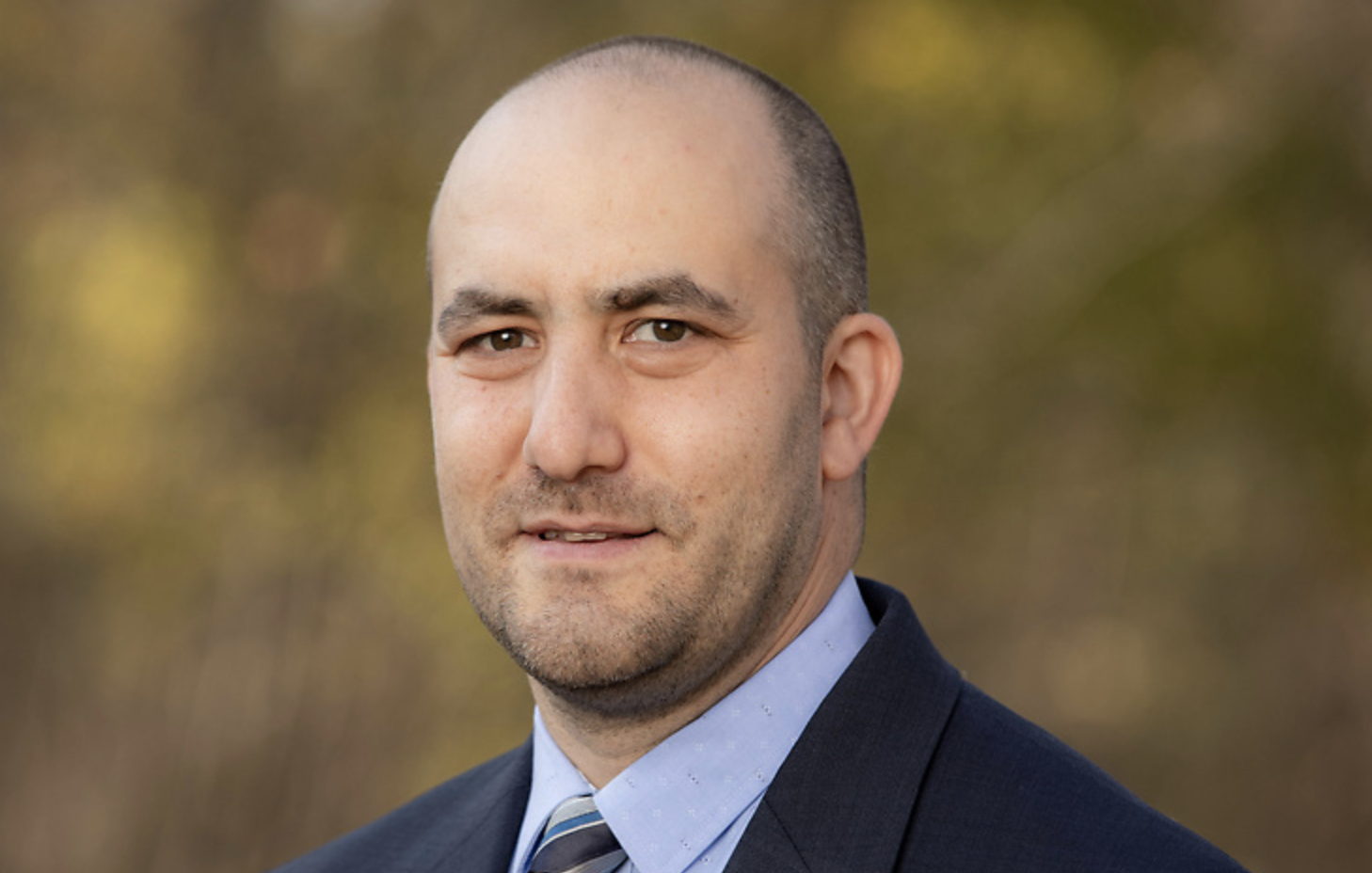Berman urges FDA to prioritize smoking cessation advancements
Micah Berman co-authored a new perspective in The New England Journal of Medicine
By Kristen Mitchell

The U.S. Food and Drug Administration (FDA) could make profound public health contributions by better supporting the development of effective smoking cessation aids, College of Public Health Associate Professor Micah Berman urges in a new perspective published in The New England Journal of Medicine.
Berman, who has a joint appoint at the Moritz College of Law, co-authored the piece with prominent public health policy leaders and researchers around the country.
“Though there’s more work to do, particularly in Ohio, we’ve seen tremendous progress in reducing youth smoking. But adults who are already addicted to cigarettes still urgently need better smoking cessation options,” he said. “Most people who smoke want to—and try to—quit, but there haven’t been significant advances in FDA-approved smoking cessation therapies in nearly 20 years. The FDA has the regulatory tools to catalyze and support innovation in this area, and there are few things it could do that would have a greater impact on public health.”
The perspective identifies cigarette smoking as the most important preventable cause of illness and death in the U.S. The FDA can do more to encourage innovation in this area without lowering expectations for safety and effectiveness, the authors say. Evaluation of new therapies should take into account the fact that cigarettes kill up to half of users and are associated with an average loss of seven to 10 years of life. Given this unacceptable status quo, the FDA should consider way to incentivize innovation and speed up review of promising cessation aids.
Expanding the number of products authorized for treatment could help more people quit smoking. The perspective argues these products could be evaluated using an accelerated approval pathway.
Read more in The New England Journal of Medicine.
About The Ohio State University College of Public Health
The Ohio State University College of Public Health is a leader in educating students, creating new knowledge through research, and improving the livelihoods and well-being of people in Ohio and beyond. The College's divisions include biostatistics, environmental health sciences, epidemiology, health behavior and health promotion, and health services management and policy. It is ranked 22nd among all colleges and programs of public health in the nation, and first in Ohio, by U.S. News and World Report. Its specialty programs are also considered among the best in the country. The MHA program is ranked 5th and the health policy and management specialty is ranked 21st.